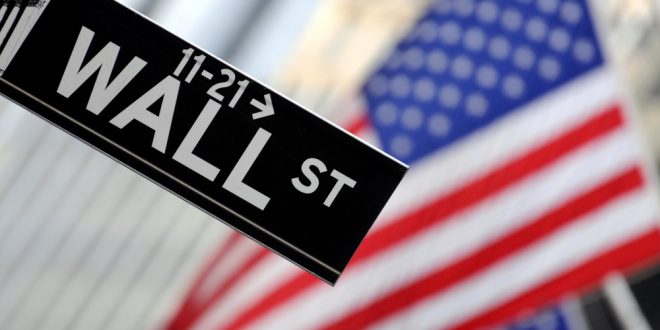Wall Street is set to open on a positive note on Wednesday after President Donald Trump announced a trade agreement with Japan, boosting expectations of further trade deals ahead of the August 1 deadline for U.S. tariffs.
U.S.-Japan Trade Deal Boosts Market Sentiment
The U.S.-Japan trade deal, which slashes tariffs on Japanese auto exports to the U.S. from 27.5% to 15%, has provided a significant lift to investor sentiment. Additionally, tariffs on other goods will also be reduced from 25% to 15%, which analysts view as a move that could ease trade tensions and pave the way for more agreements before the August 1 deadline.
At 8:24 a.m. ET, S&P 500 E-minis were up by 22.5 points (0.35%), Nasdaq 100 E-minis gained 17.75 points (0.08%), and Dow E-minis climbed 233 points (0.52%). The Russell 2000, tracking small-cap stocks, also rose by 0.9%.
Ongoing Trade Talks and EU Response
As the U.S. and European Union representatives head into trade negotiations, the European Commission has made its own move, proposing counter-tariffs on $109 billion worth of U.S. goods. The next few days will be crucial in determining whether these countermeasures will come to fruition or if a breakthrough deal can be achieved before tariffs rise on August 1.
Earnings Season Underway: Tesla and Alphabet in Focus
In the midst of ongoing trade uncertainty, investors are also keenly awaiting second-quarter earnings reports from major players like Tesla (TSLA) and Alphabet (GOOGL), both of which are expected to report after the bell on Wednesday. With AI optimism running high, expectations for these tech giants are incredibly elevated, leaving little room for disappointment.
The S&P 500 reached its eighth record high of the month on Tuesday, driven by strong earnings reports and a resilient U.S. economy. Tesla and Alphabet stocks eased slightly by about 0.3% in premarket trading as the anticipation builds.
Mixed Earnings Reports
While some companies continue to report strong earnings, others are feeling the pressure from the trade war and rising tariffs. Texas Instruments (TXN), for example, dropped 9.9% after providing a disappointing quarterly profit forecast amid weaker-than-expected demand for its chips and tariff-related uncertainties.
General Motors (GM) also faced a setback, with shares falling over 8% after the company announced that Trump’s tariffs cost them $1.1 billion in quarterly earnings.
Meanwhile, Hasbro (HAS) rose by 0.5% after it raised its annual revenue forecast, and AT&T (T) slipped 3.4% despite reporting higher-than-expected profit.
Economic Data and Market Outlook
In terms of economic data, existing home sales for June are set to be released on Wednesday. Jobless claims numbers for the week, along with the S&P Global flash PMI data, will also be closely monitored for signs of economic health amid the ongoing tariff uncertainties.
While Fed rate cuts are being speculated on, traders are increasingly betting against a July rate cut, with odds for a September reduction standing at 56% according to the CME FedWatch tool. Federal Reserve Chair Jerome Powell has faced mounting pressure from Trump, who has criticized the Fed’s reluctance to lower interest rates.
As the July Fed meeting approaches, discussions about the central bank’s independence continue to stir political concerns, adding another layer of uncertainty to market expectations.
With trade tensions, tariffs, and earnings season dominating market narratives, Wall Street investors remain focused on the outcome of ongoing negotiations and the broader impact of U.S. trade policies. While the U.S.-Japan deal has offered a positive shift in sentiment, uncertainties regarding the EU-U.S. trade talks and broader tariff concerns are likely to keep markets on edge in the coming weeks.
 Noor Trends News, Technical Analysis, Educational Tools and Recommendations
Noor Trends News, Technical Analysis, Educational Tools and Recommendations





